SUMMARY
This is AI generated summarization, which may have errors. For context, always refer to the full article.
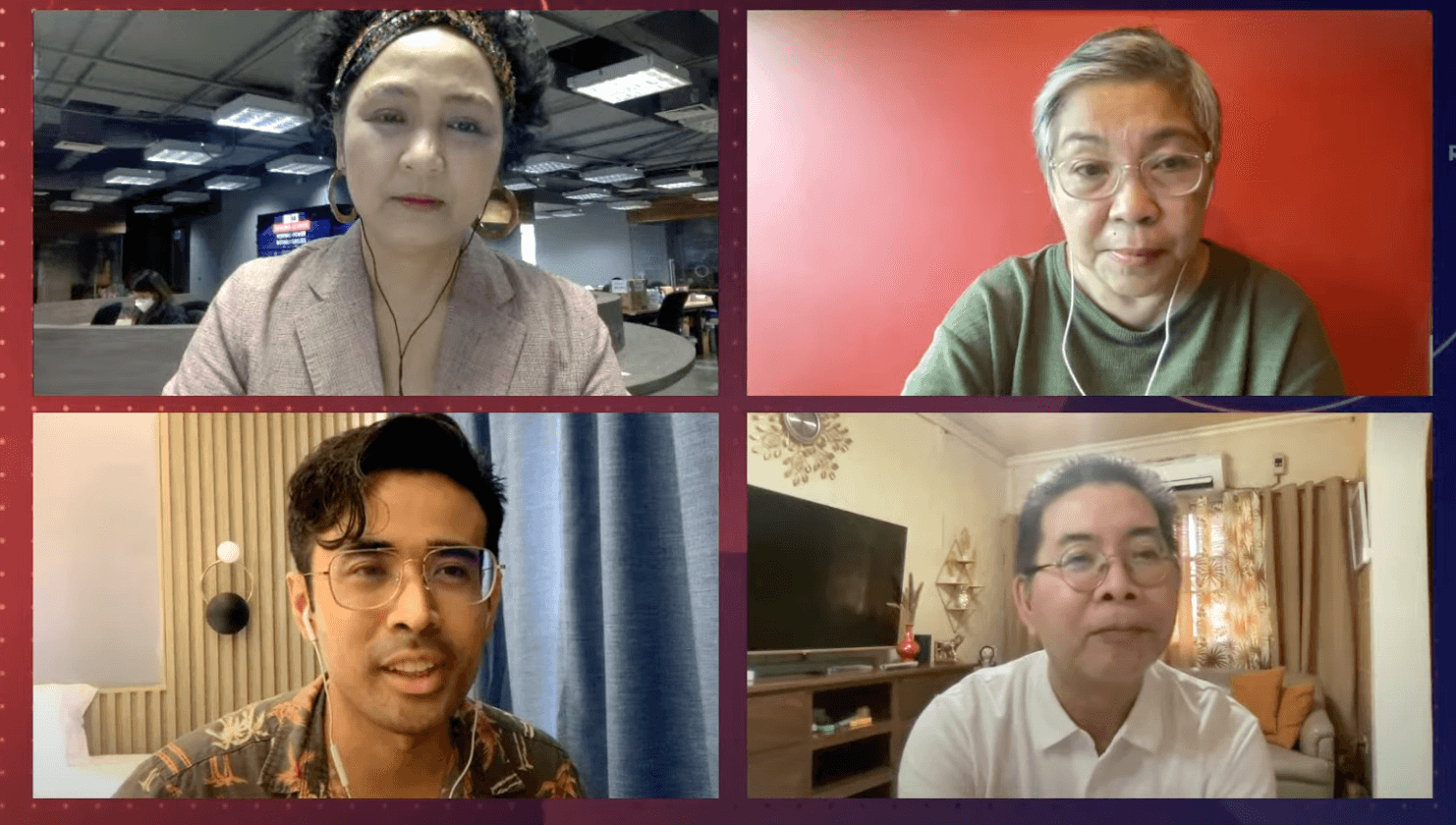
MANILA, Philippines – Ending political dynasties in the Philippines, where their existence has long been entrenched, may not be a walk in the park, but it can be done by starting in one’s backyard.
Ryan Macasero, Rappler’s Cebu bureau coordinator, said that one takeaway from volunteer-driven campaigns in the 2022 elections was that “if we work hard at it, it’s possible,” especially if you start in your own communities. This is especially true in barangays or villages, where “little dynasties” exist.
“Having a good leadership in the barangays is also important in order for the city to progress,” he said in a Newsbreak Chats episode aired on Thursday, March 31.
“Starting in your backyard is very important, and hopefully that will have a ripple effect throughout the nation,” Macasero added.
The episode, hosted by Rappler investigative editor Miriam Grace Go, tackled influential political clans and their role in the 2022 elections, especially as presidential candidates deal with them as they court voters across the Philippines.
Political dynasties have long been an issue in the country, and they keep on expanding every elections. A study by the Ateneo School of Government found that dynasties increased by 1% or 170 positions per election period from 1988 to 2019.
What’s new for the 2022 Philippine elections? Inday Espina-Varona, Rappler’s head of Regions, said that influential clans usually fight but now there is a sense of alliance seen so they could continue monopolizing power. This can spell doom for their constituents.
“Kapag nagkakaisa ang malalaking pamilya, ang mga higante, malamang ‘yan, after elections, ang pasanin ng taumbayan ay mas malala,” she said. (When big political families, the giants, unite, citizens will surely be heavily burdened after the elections.)
Lead by example
Some declarations of support by dynasties, especially those for Vice President Leni Robredo, came as a surprise for many, given the past six years under President Rodrigo Duterte. Still, whoever wins the presidency, most of the political dynasties will continue to be entrenched.
Political dynasties are prohibited by the 1987 Philippine Constitution, but Congress has yet to pass a law that will implement the provision.
“How can we have an enabling law when the political dynasties control Congress?” Varona said. “They’re adding more and more numbers there.”
Rappler’s Mindanao bureau coordinator Herbie Gomez said that ending political dynasties – an “exploitation of… a flaw of democracy” – needs strong political will from a president who will lead by example.
“[But] when people see their leader having a dynasty, you will see local dynasties in the provinces,” he said. “Malaking influence ang presidente (a president can heavily influence), on legislation especially.”
Go pointed out that among the presidential and vicee presidential candidates, at least four belong to dynasties: Ferdinand Marcos Jr., Manny Pacquiao, Sara Duterte, and Vicente Sotto III.
Some senatorial candidates, meanwhile, also come from influential political clans.
Open up governance
In many places, political dynasties exist because they remain unopposed. Aside from their strong hold on their localities, the vast resources needed to mount a campaign serve as a hindrance for any unaffiliated person who wants to run for office.
This should not be the case. According to Varona, making elective posts accessible to more people not belonging to political dynasties entails shedding the perceived exclusivity of governance.
“When [leaders] learn to channel not only aid, but also they’ve learned to bring in people into governance, sa tingin ko lalawak iyan (I think it will expand),” she said.
“But if there is a leader that breaks this open, and then says that people in the communities – because we have existing structure that allow them to participate – p’wedeng makita ng tao na kakayanin pala natin, tayo na rin (People will see that they can also do it),” Varona added.

– Rappler.com
Read the other stories in our Political Dynasties 2022 series:
Overview
Luzon
- Political Dynasties 2022: Amid controversies, Pinedas of Pampanga expand reach
- Political dynasties 2022: Espinos still lynchpin of Pangasinan politics
Visayas
- Political Dynasties 2022: Evardones reach Eastern Samar summit
- Political families crowd Eastern Samar candidates’ list
- Political Dynasties 2022: No heirs for Osmeña, Rama in Cebu City
- Political Dynasties 2022: Garin patriarch of Iloilo hard act to follow
- Political Dynasties 2022: Benitez clan guns for Bacolod City
- Negros Occidental big clans offer ‘soft’ support for Marcos
Mindanao
- Political Dynasties 2022: Zubiris rule Bukidnon after Fortich
- Political Dynasties 2022: Clashing families spring from Dongkoy Emano
- Political Dynasties 2022: Dongkoy Emano morphs into kingpin after EDSA revolt
- Political Dynasties 2022: Two families dominate Zamboanga Sibugay politics
Related content:
Add a comment
How does this make you feel?
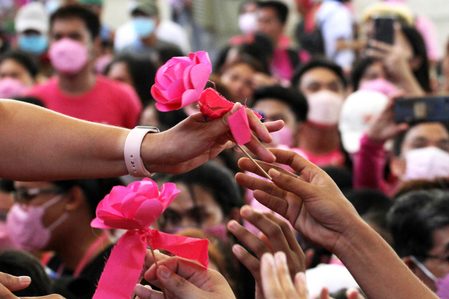





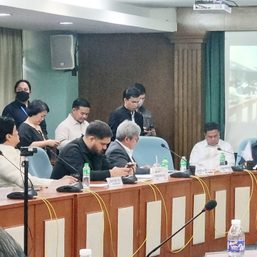
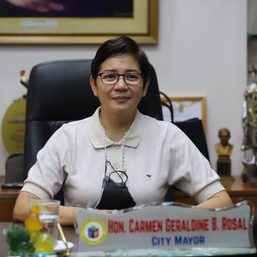
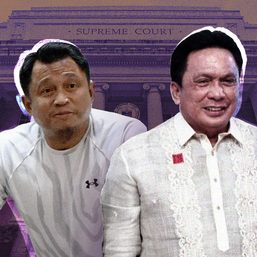





![[New School] Tama na kayo](https://www.rappler.com/tachyon/2024/02/new-school-tama-na-kayo-feb-6-2024.jpg?resize=257%2C257&crop=290px%2C0px%2C720px%2C720px)





There are no comments yet. Add your comment to start the conversation.